|
To get permission to fish in West African waters, countries in the European Union (EU) form agreements in exchange for a fee that is payable to the government. But these agreements have been criticised for contributing to the over-exploitation of fish stocks in the region, threatening millions of livelihoods and key food sources. Ifesinachi Okafor-Yarwood explains how this happens even though the EU has commitments to sustainable
fishing.
There is a close interplay between conflict and the environment. Environmental devastation in parts of West Africa is blamed for deadly clashes between nomadic herdsmen and indigenous farmers, for example. To mark the International Day for Preventing the Exploitation of the Environment in War and Armed Conflict, we’ve chosen some of the articles previously published on this troubled relationship – and what can be done.
The US has begun its formal withdrawal from the Paris climate accord. Three years ago, when the threat of this move arose, John Stremlau explained what it would mean for Africa in particular.
|
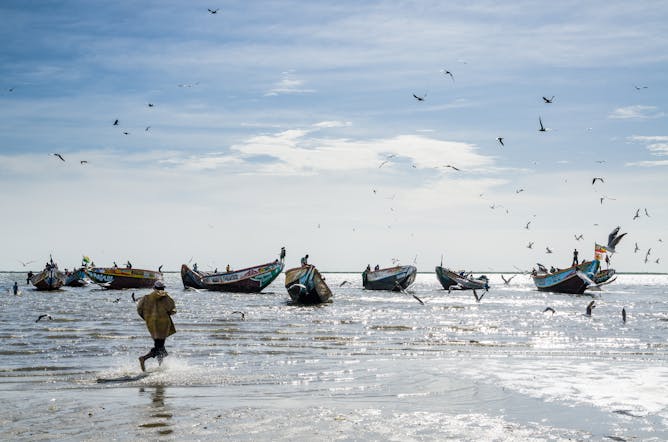
Fishing boats in Senegal.
Fabian Plock/Shutterstock
Ifesinachi Okafor-Yarwood, King's College London
The EU continues to enter into fresh agreements with countries, despite evidence of serious population declines in the species of interest.
|
|
|
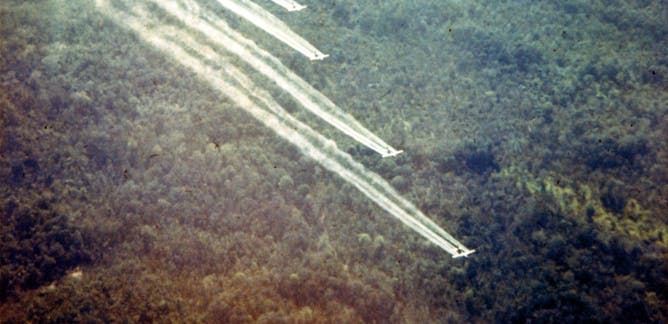
Shireen Daft, Macquarie University
A group of scientists want a new Geneva Convention to safeguard the environment during wars and conflicts. We already have such rules, but they're inadequate, inconsistent and unclear.
| |
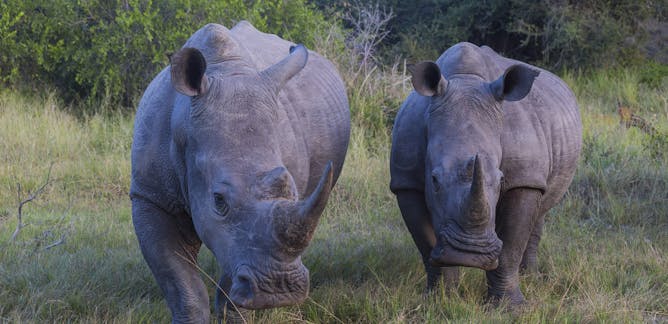
Bram Büscher, Wageningen University; Maano Ramutsindela, University of Cape Town
There are very violent confrontations in southern Africa's peace parks. This is partly due to a violent history dating back to the apartheid era that has never been adequately addressed.
|
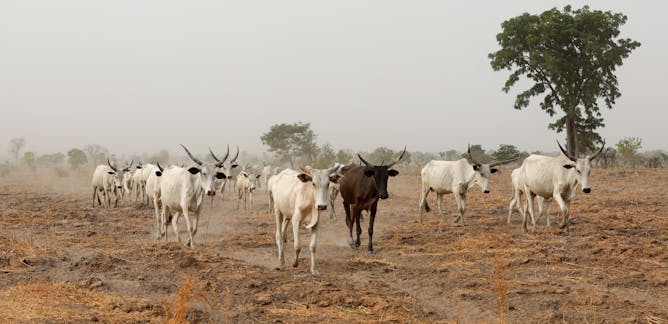
Olalekan Adekola, York St John University
Talk of ethnic and religious conflict between Muslim Fulani herders and local Christian farmers misses the full picture – this is about resources.
| |
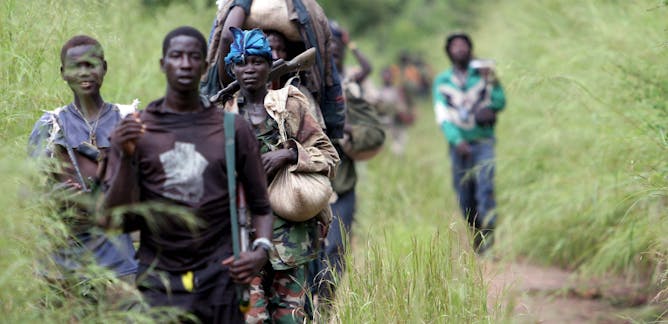
Roos van der Haer, Leiden University; Beth Elise Whitaker, University of North Carolina – Charlotte; Christopher Michael Faulkner, Centre College
Natural resources are an important factor in explaining why some rebel groups forcibly recruit children into their ranks.
|
|
|
In the news
|
-
John J Stremlau, University of the Witwatersrand
If Trump forsakes US support for the 2015 Paris Climate Accord as well as Obama’s bilateral climate agreement with China, the resultant rise of global warming will wreak havoc throughout Africa.
|
|
Politics + Society
|
-
Happy Kayuni, University of Malawi; Dan Banik, University of Oslo; Joseph Chunga, University of Cape Town
Malawi must change its diplomatic approach and align its national interests with Mozambique's
|
|
Science + Technology
|
-
Michael Oluwatosin Bodunrin, University of the Witwatersrand
Low-cost titanium alloys in South Africa could be used in non-aerospace sectors, such as car parts, medical devices, implants, jewellery and kitchen appliances.
|
|